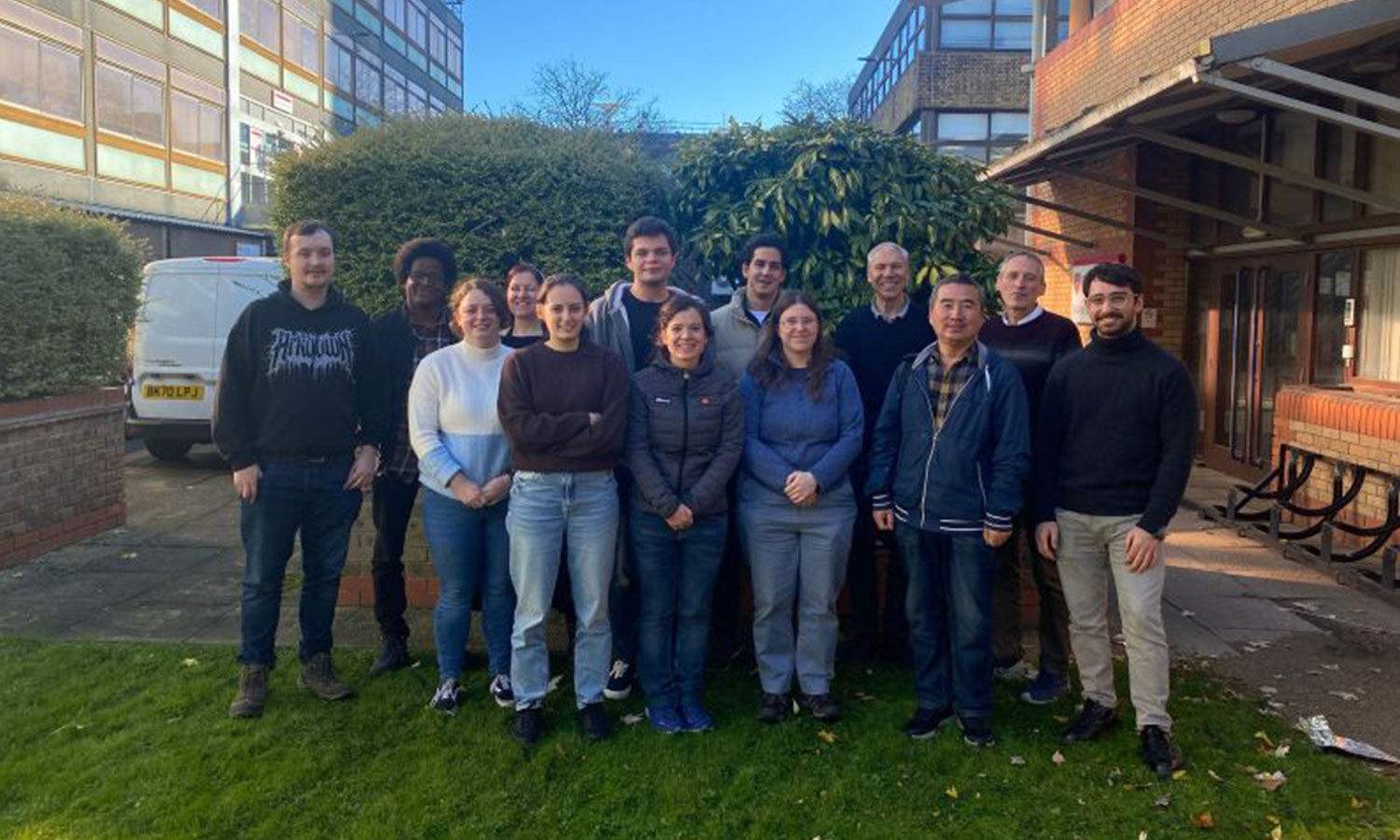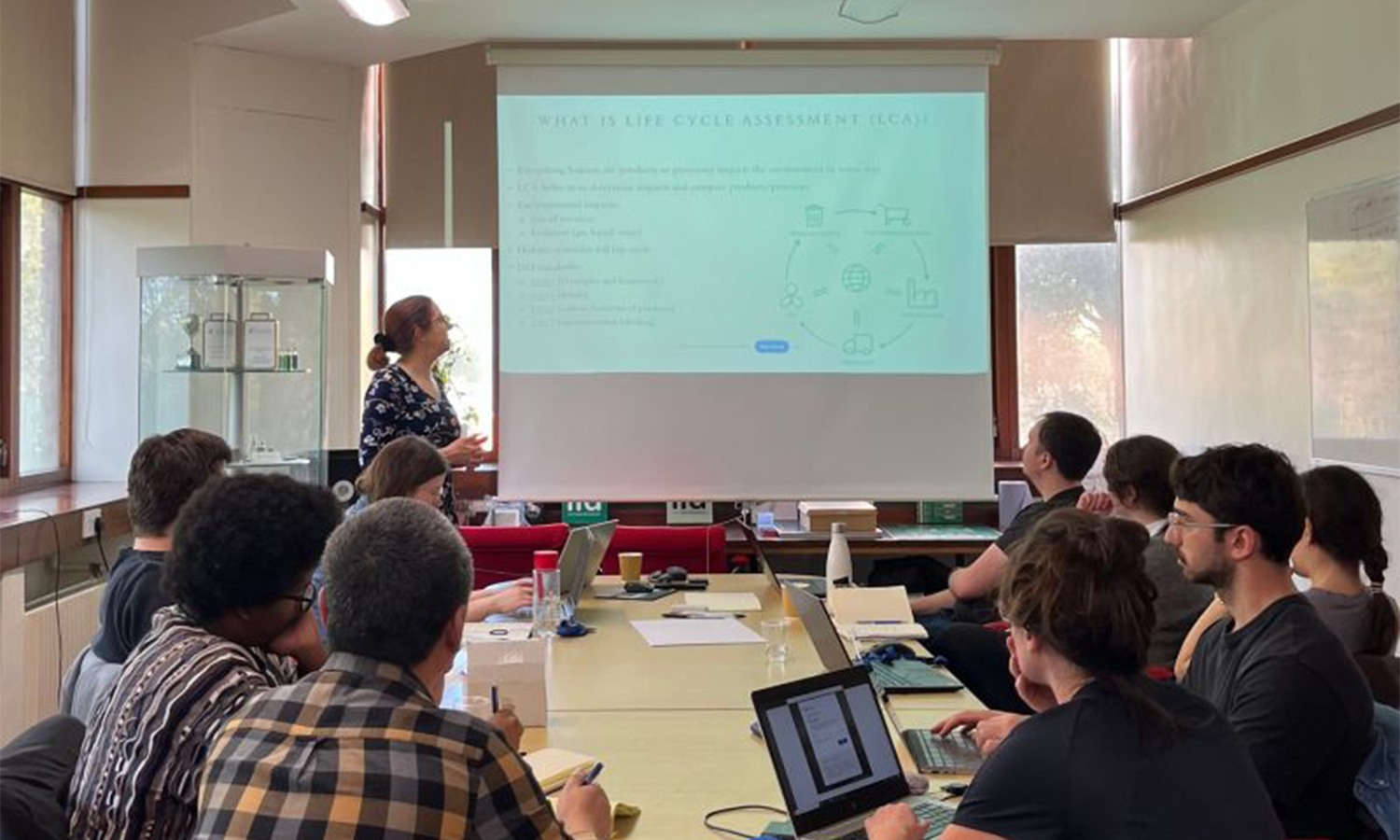Researchers from the Faraday Institution ReLiB Project were able to dive into the world of Life Cycle Assessments (LCA) to look at a more sustainable future at a University of Leicester workshop.
Bringing together leading academic experts, the overarching aim of the Faraday Institution ReLiB Project is to establish a technology pipeline and provide a clear roadmap for the efficient end-of-life management of electric vehicle (EV) lithium-ion batteries in the UK, encompassing both current and future battery chemistries.
Life Cycle Assessments are considered crucial as they enhance understanding of the environmental impact of products and processes, informing decisions to create a more sustainable and eco-friendly way of living.
During the ReLiB workshop, the team explored the fundamentals of LCA, the environmental impact assessment of Li-ion batteries plus the key stages of their life cycle, along with ways to analyse and improve sustainability.
The University of Leicester event brought together researchers from the ReLiB Project to collaborate, share knowledge, and foster a deeper understanding of LCA.
A ReLiB Project spokesperson said: “We were pleased to hold the workshop to show how together we can make a significant impact on the way we design, produce, and consume products, reducing our environmental footprint and mitigating climate change.
“Researchers had the opportunity to create LCA flow charts for various processes, including the mixing process for baking cupcakes, shedding light on the environmental impact of everyday activities.
“On the second day the skills developed on the first day were used to make an LCA for some recycling processes developed by the ReLiB Project. This included recycling the electrolyte, selective leaching of cathodes, relithiation of LFP and biological processes. These LCAs mapped out all the inputs, outputs, primary measurements, and underlying assumptions for each process.
“A great thank you to Sean Scott, Jacqueline Edge and Evangelos Kallitsis for leading and organizing this insightful workshop and hopefully there will be many more in the future.”


